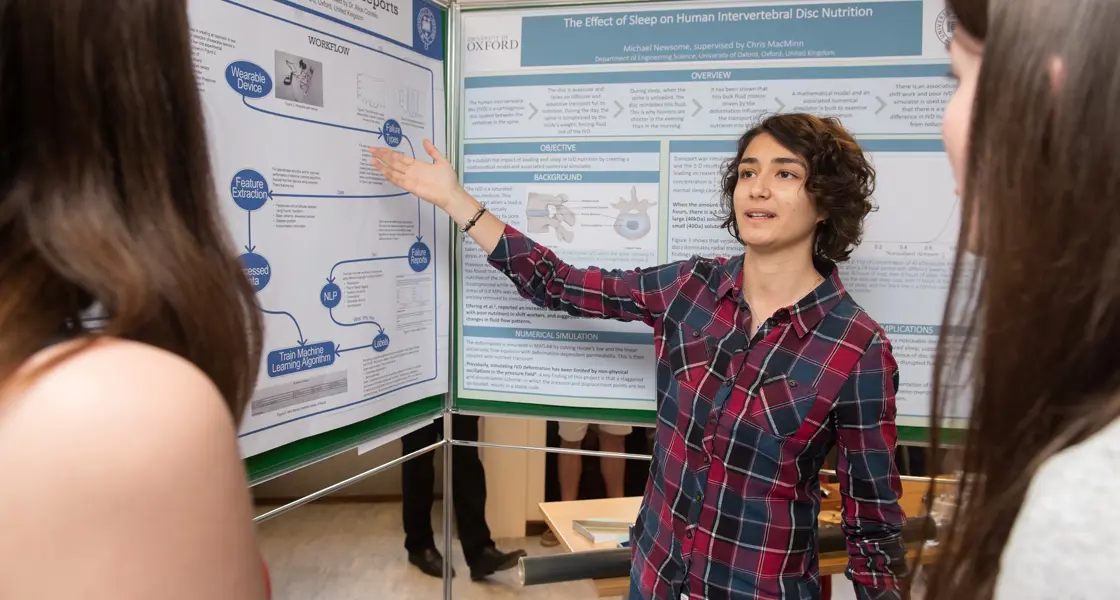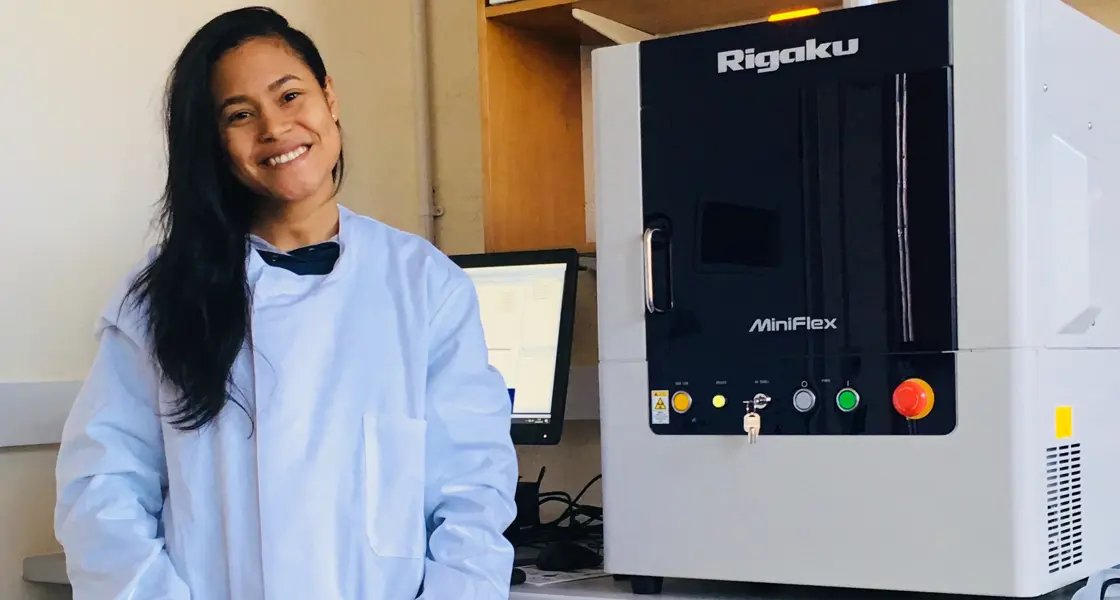Department of Engineering Science | University of Oxford

About Us
Engineering teaching and research takes place at Oxford in a unified Department of Engineering Science. Our academic staff are committed to a common engineering foundation as well as to advanced work in their own specialities, which include most branches of the subject. We have especially strong links with computing, materials science and medicine.
This broad view of engineering, based on a scientific approach to the fundamentals, is part of the tradition that started with our foundation in 1908 - one hundred years of educating great engineers, and researching at the cutting edge!
Our graduates go off to a huge variety of occupations - into designing cars, building roads and bridges, developing new electronic devices, manufacturing pharmaceuticals, into healthcare and aerospace, into further study for higher degrees and in many other directions.

Our Research
The Department of Engineering Science has an international reputation for its research in all the major branches of engineering, and in emerging areas such as biomedical engineering, energy and the environment. The major theme underlying our research portfolio is the application of cutting-edge science to generate new technology, using a mixture of theory and experiment.
Find out more in our Case Studies and Research pages.

Our Institutes
The Department has five Institutes which lead the way for research and collaboration in different areas of engineering, including biomedical, thermofluids and robotics - visit their websites to find out more.

MEng in Engineering Science
Undergraduates on the Engineering Science course at Oxford spend their first two years studying core topics which we believe are essential for all engineers to understand.
Having developed a solid grounding in these, for their final two years they choose to specialise in one of the six branches of Engineering Science: Biomedical, Chemical and Process, Civil and Offshore, Control, Electrical and Opto-electronic, Information, Solid Materials and Mechanics, or Thermofluids and Turbomachinery.

Postgraduate Study
The research degrees offered by the Department of Engineering Science are MSc(R), DEng and DPhil. The opportunities in the Department for postgraduate study and research include conventional disciplines of engineering such as chemical, civil, electrical, and mechanical, as well as information engineering, applications of engineering to medicine, low-temperature engineering, and experimental plasma physics.












